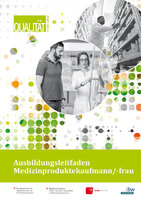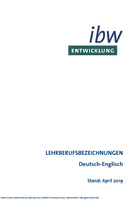Das Erasmus+ Projekt „Careers Around Me“ widmet sich der Frage, welche Kompetenzen wir brauchen, um uns in einer sich rasch verändernden Lebens- und Arbeitswelt zurecht zu finden. Im Zentrum steht dabei das Modell der Career Management Skills (CMS).

Dieses Projekt wurde mit Unterstützung der Europäischen Kommission finanziert.
Die Verantwortung für den Inhalt dieser Veröffentlichung trägt allein der Verfasser;
die Kommission haftet nicht für die weitere Verwendung der darin enthaltenen Angaben.
The Erasmus + project “Careers Around Me” is dedicated to the question of which skills we need to find our way in a rapidly changing world of life and work. The focus is on the model of Career Management Skills (CMS).

The European Commission support for the production of this publication does not constitute an
endorsement of the contents which reflects the views only of the authors, and the Commission
cannot be held responsible for any use which may be made of the information contained therein.
Kontakt/Contact: Wolfgang Bliem
Projektzeitraum/Project duration: 2019 - 2021
>>> Projektflyer
Aufzeichnungen zu den Seminaren während der European Careers Week:







